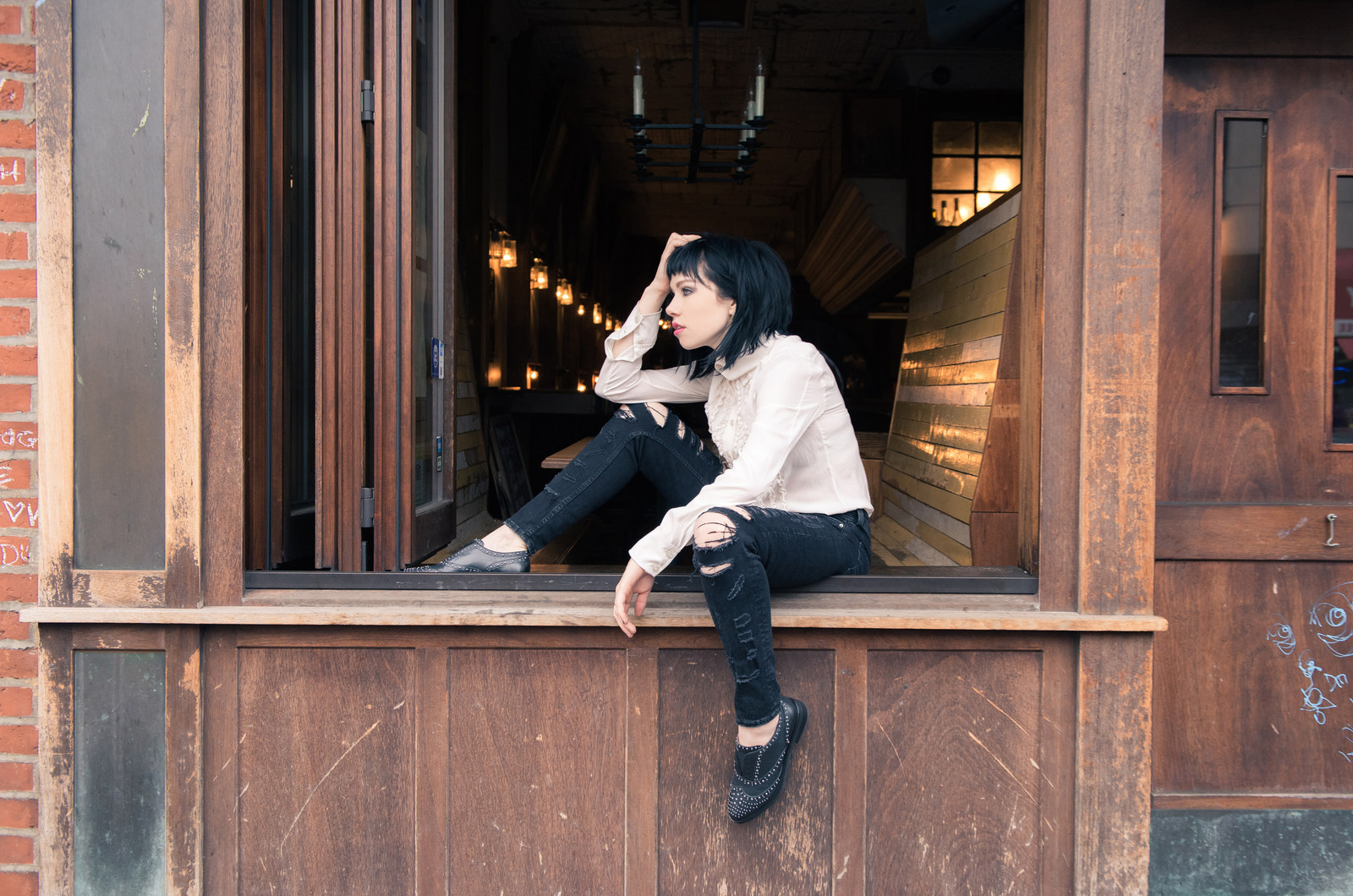Carly Rae Jepsen built her career crafting fantasies that other people either believed in or wished they did, and she’s always coming up with new ones for herself. The latest goes like this: Jepsen and her boyfriend, cinematographer David Kalani Larkins, move to Spain and live in San Sebastián, a postcard paradise in the Basque country with Michelin-starred restaurants and blue-green bays. They ride bicycles to the Playa de la Concha and eat fresh peaches and drink great wine and maybe get good at surfing because why not? There, in sunny San Sebastián, are none of the gnawing annoyances that shade the reality of pop stars generally and, since the release of her latest album, Emotion, in September, Jepsen’s in particular. No monotonous meet and greets, or urgent messages on her phone asking for the approval of this or that, or repetitive interviews with journalists. Just little pleasures and time to enjoy them.

“I’ll make a quiche!” she told me this fall in a tiny, rustic New York coffee shop that served vegan banana quinoa muffins. “That’s like my main famous dish. Or lasagna. But it’s nothing really to brag about. It’s more about the process.”
Both natively and dispositionally Canadian, Jepsen doesn’t like to brag and is loathe to complain, though the promotional cycle for Emotion has been particularly grueling. She discovered that San Sebastián was her spirit city just days before we first met, when she visited while on a brief vacation and — as often happens in her songs — quickly fell in love. Traveling is her favorite perk of the job, which is fortuitous since she is beloved not just in America, where she lives in Los Angeles, but in Canada, across Europe, and in Japan, where she is among that country’s biggest foreign pop stars. The vacation was carved out before a performance in Barcelona, and it came just in time.
“Usually, there’s a balance between work and play, but this time it was a little too much,” she said, laughing ruefully. “I got to the point where I was like, 'I wanna pull a Britney Spears and shave my head.’”
Jepsen is short with glacial blue eyes and leonine features. In conversation, she’s unfailingly articulate and unabashedly bohemian, with a gift for describing nearly anything as “beautiful” and a conspicuous willingness to consider things like the importance of “letting life live you.” She laughs often, but her laugh isn't so much a laugh as it is a deep giggle, which reverberates suddenly and intensely from her chest like a happy earthquake. Jepsen comes from a family of teachers, and if she weren’t a successful singer and songwriter, it would not be totally impossible to imagine her as a young Ms. Frizzle type, with doddering students enthralled by her quirky exuberance. She was wearing a black three-piece short-suit with coaster-sized metallic gold polka dots and shimmering, ruby-red lace-ups à la Dorothy — a character she played in her high school production of The Wiz.
As the singer and co-songwriter of “Call Me Maybe,” that Justin Bieber–tweeted, devilishly disarming unicorn of a song that spent nine weeks at No. 1 on the Hot 100 in 2012, Jepsen has one of the most recognizable voices in pop music. But in an era when viral hits can take an artist from nowhere to everywhere and back in the time it takes to click “refresh,” notoriety alone rarely translates into sustainable stardom. Despite having created one of the most popular songs of the decade (19.7 million singles sold, according to her label), Jepsen’s track to becoming a cultural force on the level of, say, a Katy Perry or Taylor Swift has remained elusive.
Kiss, the album she rush-released in 2012 to capitalize on the success of “Maybe,” never gained traction, selling only around 300,000 copies in the ensuing three years. And Emotion, though brimming with ostensibly radio-friendly dance pop and nearly universally lauded as an artistic breakthrough, has so far fared even worse, debuting at No. 16 on the Billboard 200 with just 16,000 first-week sales. In its second week, it plummeted to No. 67.
Scooter Braun, Jepsen’s manager, who also manages Bieber and Ariana Grande, claims that he never really expected Emotion to be a commercial hit, and that he sees it as primarily a stepping-stone to help Jepsen transition from “the ‘Call Me Maybe’ Girl” into a credible artist.
“For us, domestically, yeah, it was... it was... I won't say it was disappointing, it was expected, and now we have a job to do,” Braun said. “Carly did her job. She gave an incredible album that she's incredibly proud of, and I will be so proud for the rest of my life knowing I'm associated with it.”
When I asked Jepsen if she was disappointed by the performance of Emotion, she seemed surprised by the question, which surprised me. “I don't ever really put my attention too much into...” she said, pausing briefly. “I feel quite happy with how the record's done, to be honest. I don't really compare it to Kiss or whatever I’m gonna do next. That's not where my attention goes. I feel really lucky that people have received it so well and that it has sold any amount.”
Maybe I shouldn’t have been surprised. It isn’t, after all, Jepsen’s dream to be as big a cultural presence as Katy Perry or Taylor Swift. Talking to her, you get the sense that what she really wants — even beyond the "happy to be nominated" veneer — is actually much more simple: bike to the beach, eat fresh peaches, drink great wine, maybe get good at surfing. As ambitions go, this is both modest and sensible, which, of course, is exactly the opposite of what we expect from our pop stars — even the Canadian ones. How can someone so well-adjusted exist in a world where butt glue and Twitter shade abound? And if she’s selling what we all say we want, why aren’t more people buying?
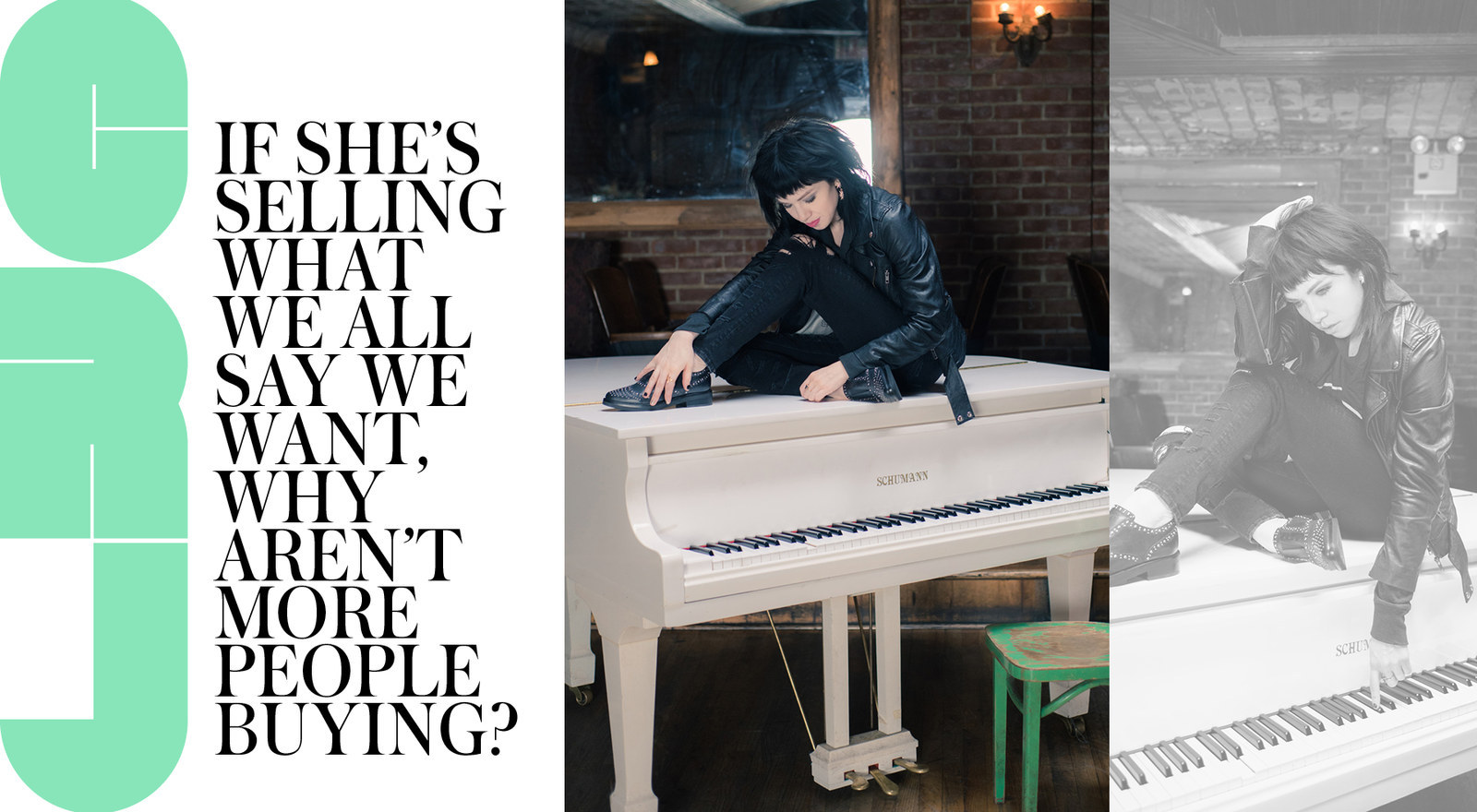
Jepsen was born in 1985 in Mission, British Columbia, a small town an hour’s drive east of Vancouver. She was the middle child of three and a natural ham, winning the lead in all of her school’s major musicals — Dorothy, but also Annie and Sandy (she’ll play fellow Pink Lady Frenchy in Fox network’s upcoming live production of Grease). The first music she remembers being exposed to was her parents’ folk collection: Leonard Cohen, Cat Stevens, Joni Mitchell. But it was Sinéad O’Connor’s cover of the Prince song “Nothing Compares 2 U” — an early taste of pop’s capacity for evocative melodrama — that first awakened her own desire to be a musician.
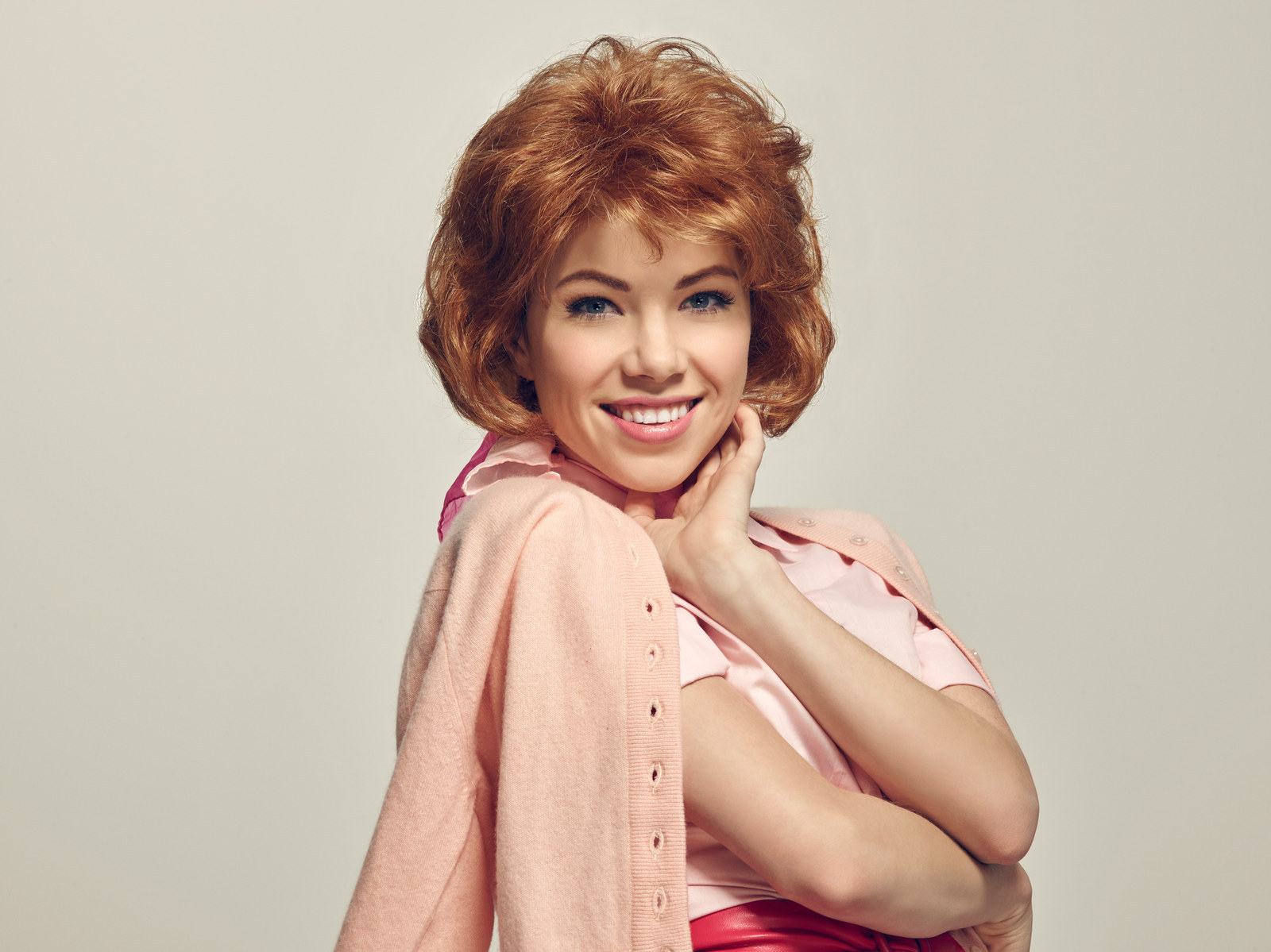
“That was the first time I’d come close to wanting to be a pop vocalist,” Jepsen said. “I remember listening to those melodies and learning all of the different inflections in her voice on all of her songs after that.”
With four teachers for parents (including two stepparents) and her older brother in school for teaching, Jepsen was initially terrified of pursuing a career as an artist. Toward the end of high school, she applied to the exclusive Canadian College of Performing Arts, half hoping for a reality check in the form of a rejection letter. When she was accepted instead, she thought she’d found everything she’d ever wanted.
“It was like someone had created a school for me,” she said. “Instead of geology or stuff like that, it was tap dancing! And stage fighting! And singing and acting!”
But like many college freshmen, Jepsen’s desires were evolving in ways she couldn’t anticipate. After discovering she could write songs on guitar, she had an unexpected moment of clarity. “I was having ideas that I was more excited about than anything else I did at school,” she said. She left the CCPA at the end of her first year and moved to Vancouver to try and make it as a singer-songwriter.
Rather than the torrent of fame, money, and expectation that followed “Call Me Maybe,” it’s the years Jepsen spent busking in Vancouver with three jobs and a pull-out sofa for a bed that she remembers as the happiest time in her life. To pay her $400 monthly rent, she worked as a pastry shop assistant, server, and bartender — writing songs in her off time — and performed multiple nights a week at musician-friendly holes in the wall, putting up self-printed posters of herself around town with homemade wheat paste. In 2007, when she was 21, she auditioned for the fifth season of Canadian Idol at the behest of an old high school teacher. Jepsen said she had always been critical of reality television, but when she was selected to appear on the show, she was surprised at how badly she wanted to win.
“I was over-the-moon happy about it,” she said. “The moment I was in, something switched.”
In Jepsen’s audition video and interview, she’s self-aware and incisive, but projects a girlish effervescence that, paired with her petite frame, makes her seem precocious. At one point, one of the judges snidely declares her “21 going on 14.” Now 30, Jepsen has often been confused for an artist much younger, owing in part to the Bieber affiliation and her youthful looks, but also to a certain romantic naïveté that pervades her biggest songs, “Maybe” and its 2015 spiritual successor “I Really Like You.” Jepsen told me that the misperception hasn’t escaped her, but that it’s unintentional.
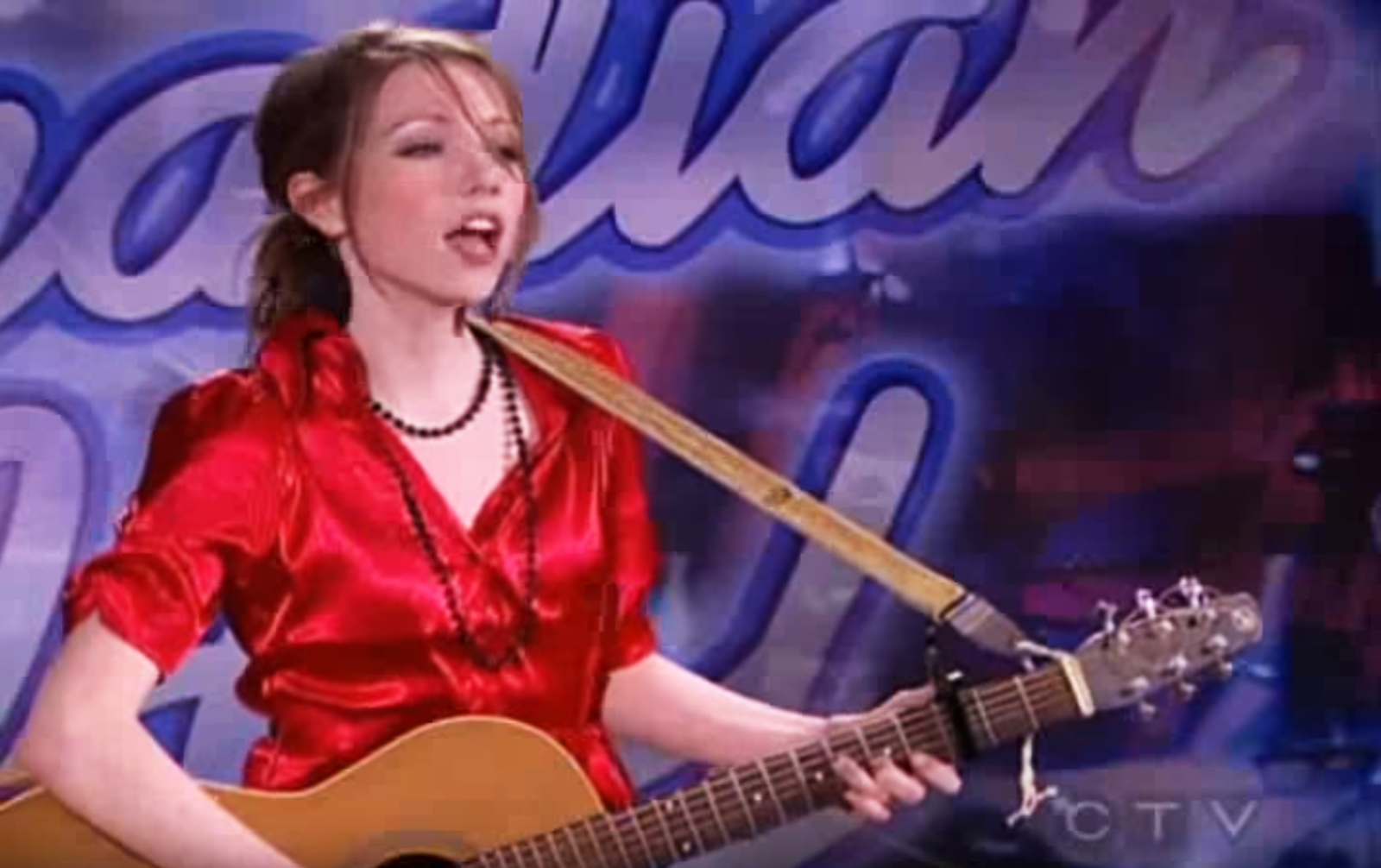
“I don't know if I've ever self-analyzed it enough to say that I have a Peter Pan syndrome, or whatever, but I think that I'm romantic and I allow myself to go into a fantasy world when I'm writing,” she said. “I admit fully and unabashedly to loving Pride and Prejudice — the A&E version — and having a side of me that is very much into the belief that there is just one love out there for all of us and we've gotta spend our life trying to find it. … My music probably plays a little bit more to that old-school romance and comes across as sweeter and more youthful because it is maybe a little less what people are used to today in terms of human sexuality and all that kind of stuff. But it's me.”
On Idol, Jepsen nearly made it to the final round, ultimately placing third. In hindsight, she considers this the best possible outcome. “It was like all the exposure without the devilish contract at the end,” she said. After the show, she returned to Vancouver and quickly secured a deal to record a debut album — 2008’s acoustic-leaning Tug of War. Several songs from Tug of War made their way onto Canadian radio, as did a song she released years later while working on a more pop-heavy sophomore album — “Call Me Maybe.” When Bieber heard it while home in Canada for the holidays in 2011, he famously tweeted, "Call me maybe by Carly Rae Jepsen is possibly the catchiest song I've ever heard lol,” and changed her life all over again.
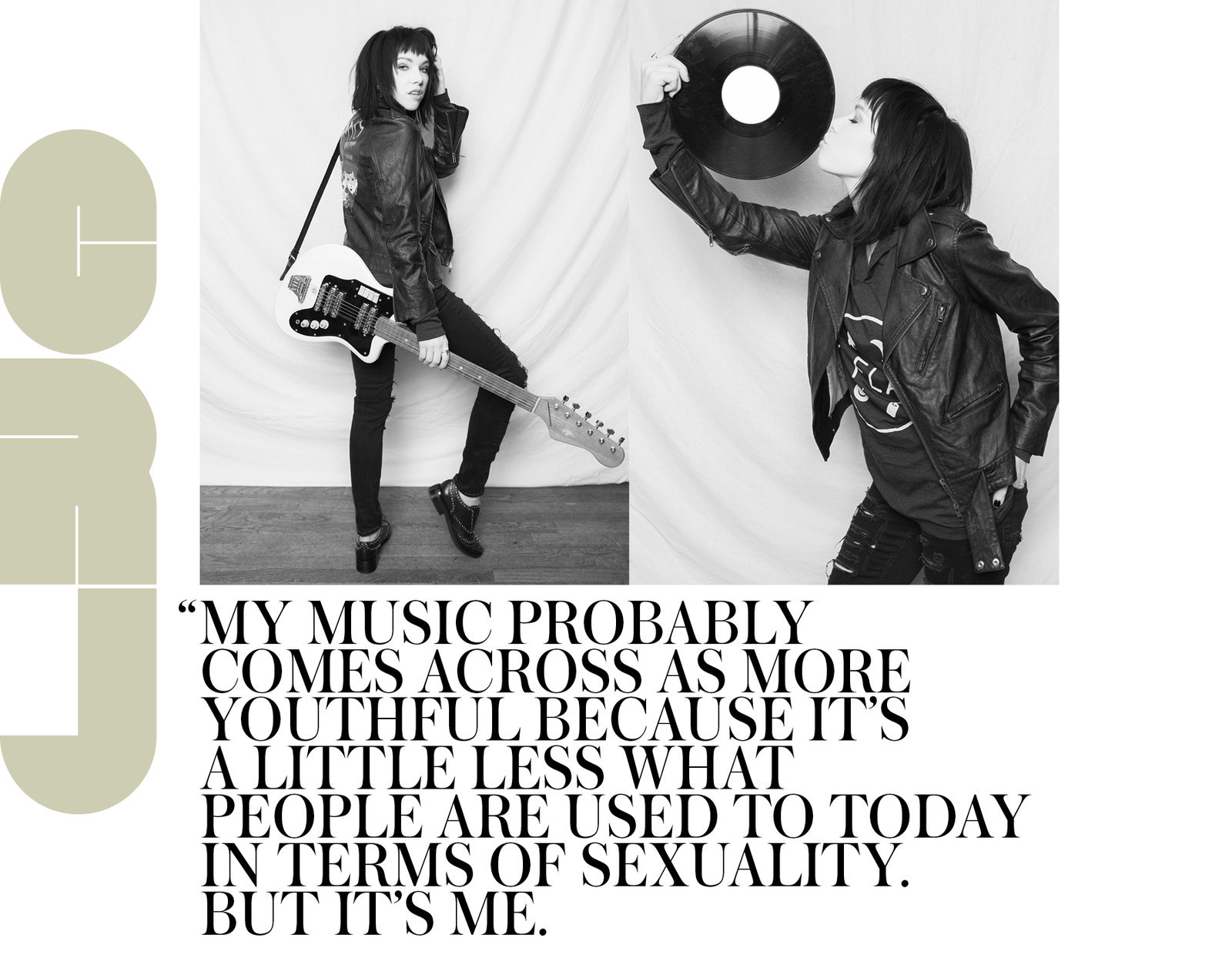
The second time I spoke with Jepsen, we met at Manhattan’s South Street Seaport on the shore of the East River, a centuries-old former outpost of the Dutch West India Company with cobblestone streets and charming brick commercial buildings that have become catnip for gentrifiers. It was warm for fall and sunny. Jepsen was wearing a black and burnt sienna paisley silk top, a floppy wide-brimmed hat, gray skinny jeans, and white Chuck Taylor high-tops. Over the sounds of the river lapping at the shore, we walked and talked about pop music.
It’s not that Jepsen doesn’t want to be a pop star — her music is proudly, self-evidently engineered for mass consumption — but that she’s found herself either unwilling or ill-suited to participate in pop’s pageant of egos. A would-be Katniss for the music industry. Jepsen avoids the tabloids and doesn’t court controversy. She has yet to christen her fanbase with a pithy name à la Rihanna’s Navy or Meghan Trainor’s Megatrons, and when I asked her who she thought the core Carly Rae Jepsen fan was, she could only manage a wandering reply.
“I don’t know, it’s kind of hard to narrow down,” she said. “I think with ‘Call Me Maybe,’ that was sort of a song that reached a lot of people of a lot of different ages. I'd have 60-year-old men come up and sing that song to me, and I'd have 7-year-old girls come up and sing it to me, and everything in between. So that was sort of an interesting introduction. It's kind of been an interesting project, because I've been able to have variety at my shows, which is really kind of cool, I feel.”
Jepsen lamented the tendency of pop stars to promote cartoon versions of themselves that can be easily packaged and sold — the Good One, the Bad One, the Approachable One — and wondered aloud whether complicated characters were inherently anathema to celebrity culture.
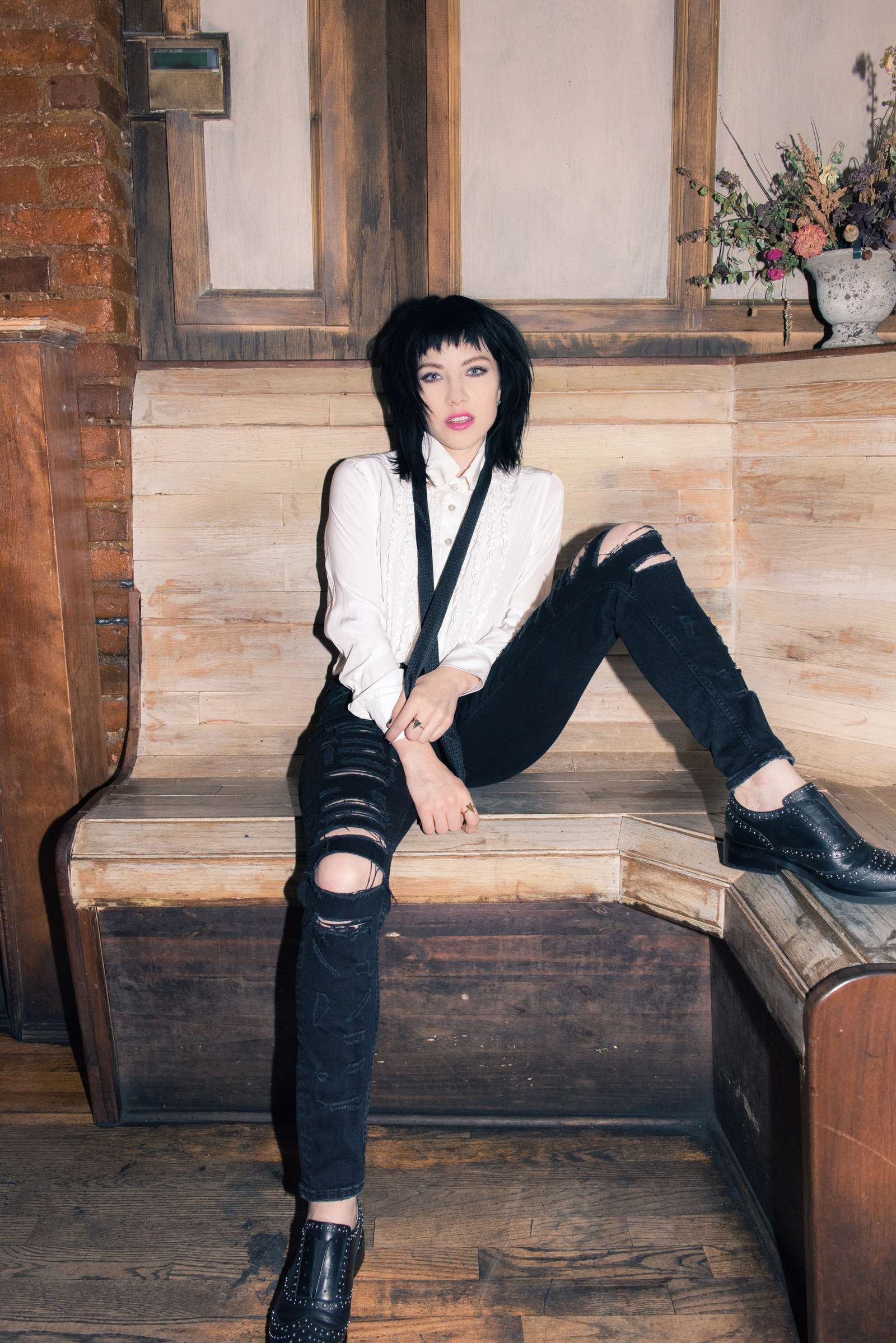
“I don't think that I want to feel like because everybody else takes on an identity in the pop world that that's something that I need to do,” she said. “I'm a human being and there's many sides to me, but it's not about creating this larger-than-life image so that it sells better. I find that idea like prison. It sounds exhausting.”
Emotion, Jepsen’s third album and a fixture on “Best of 2015” lists, was a considered effort to establish her as a multidimensional figure, featuring an ’80s-inspired aesthetic and thematic turns that challenged rather than simply continued the narrative of “Call Me Maybe.” It’s sophisticated where Kiss felt slight, with convincing, Prince-esque, carnal come-ons (“All That”) paired with end-of-the-night, grab-whoever’s-next-to-you anthems that channel Cyndi Lauper at her most buoyant (“Run Away With Me,” “Your Type”). To create it, she enlisted a gang of trendy producers and songwriters, including Dev Hynes of Blood Orange, Rostam Batmanglij of Vampire Weekend, and Ariel Rechtshaid (Haim, Sky Ferreira), alongside blue-chip hitmakers like Greg Kurstin (Pink, Adele), Shellback (Taylor Swift, Maroon 5), and Sia Furler (Beyoncé, Christina Aguilera), to push and stretch her boundaries.
That an album of such pedigree — from an artist big enough to cast Tom Hanks in a music video, no less — was greeted with apparent indifference in the marketplace could be read as confirmation of Jepsen’s fears about the triumph of personality over substance. But it’s also a testament to the slippery, chaotic nature of this moment in pop music. Stereotypically favored by corporate-owned radio and television broadcasters for its ability to transcend demographics — and shunned by serious artists who rejected such vanity — pop has, in recent years, become the genre of choice for inclusive-minded artists hailing from far outside the mainstream, creating a rich mille-feuille where the likes of Ellie Goulding and One Direction can occasionally rub up against Grimes and the Weeknd. A concurrent collapse of traditional gatekeepers helped foster this new landscape, but it also broke the predictive models of the old one.
With Emotion, Jepsen leaned into pop’s shifting center of gravity, aligning herself with other progressive, self-styled major-label artists like Sky Ferreira and Charli XCX. But mainstream listeners have largely been slower on the uptake. So far, most members of this new wave have been far more successful with critics than they have been with consumers, leaving their pop as less a measure of commercial standing than a state of mind.
Braun, Jepsen’s manager, said he thinks that equation can be changed through touring (the Gimmie Love Tour kicks off in February) and sustained exposure in the press and on social media. But he added that he doesn’t ultimately believe it’s necessary for Jepsen to join the ranks of pop’s highest-wattage stars — some of whom are also his clients — suggesting that he views her as something of a passion project.
“I'm in this privileged position where I'm fortunate enough that I don't have to make records for money anymore,” Braun said, noting that Jepsen — who still collects master and publishing royalties from “Maybe” — is also financially comfortable. “I can just allow artists to make the records they wanna make. So for me, I’m really enjoying the process. I don't look at [Emotion] as anything other than a huge success. We got to do what we wanted to do.”
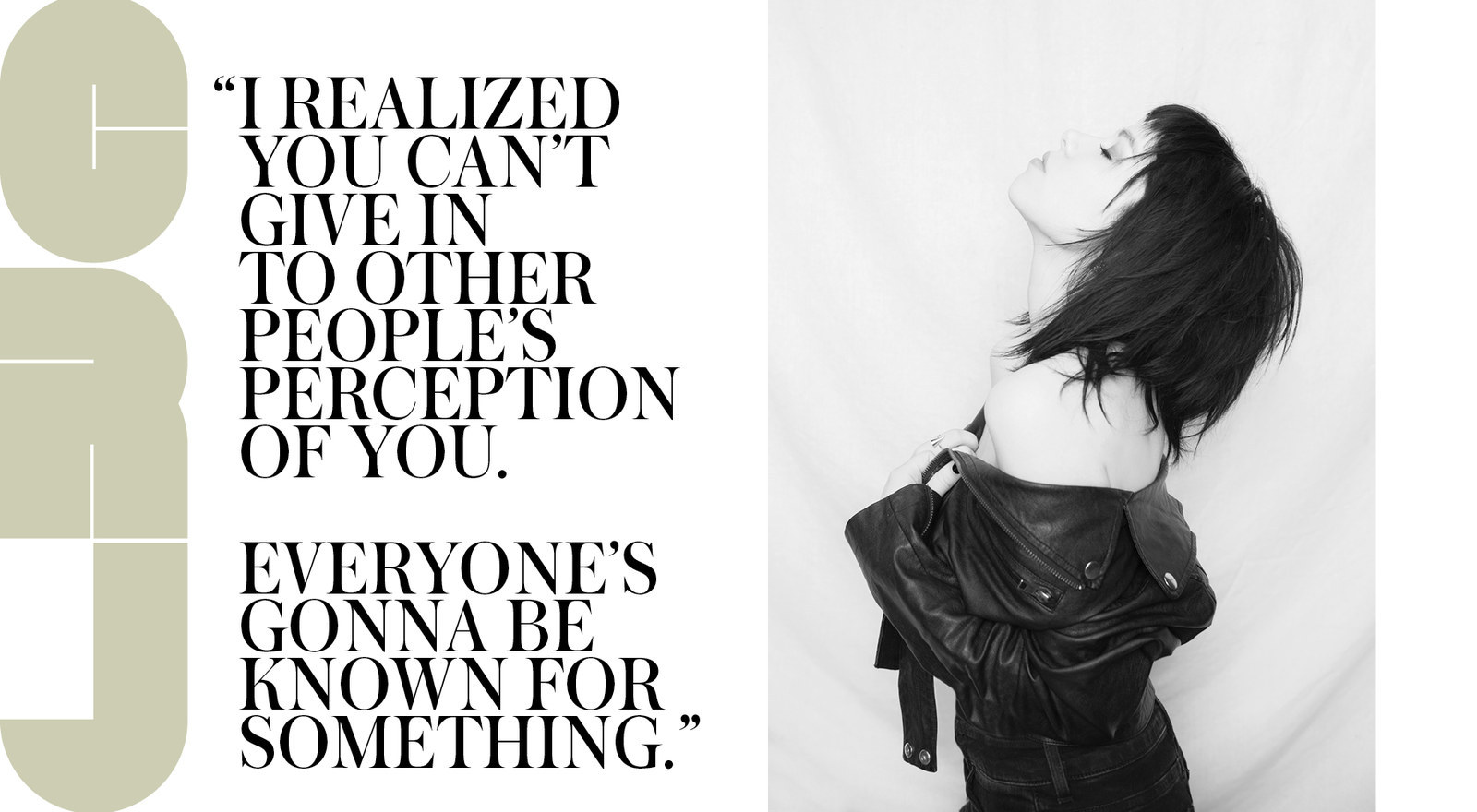
Just after “Call Me Maybe” exploded, Jepsen remembers how frustrating it was to watch each follow-up single languish in its wake. “Curiosity,” “Good Time,” “This Kiss,” “Tonight I’m Getting Over You” — it was like bringing board games to an orgy. “We were like, ‘Hey guys! We’ve got other music coming! Simmer down!’” she told me. One day, a little less than two years after Bieber tweeted about “Maybe,” she read her name on a list of Canadian one-hit wonders. What had once taken her career to unimaginable heights was threatening to end it altogether.
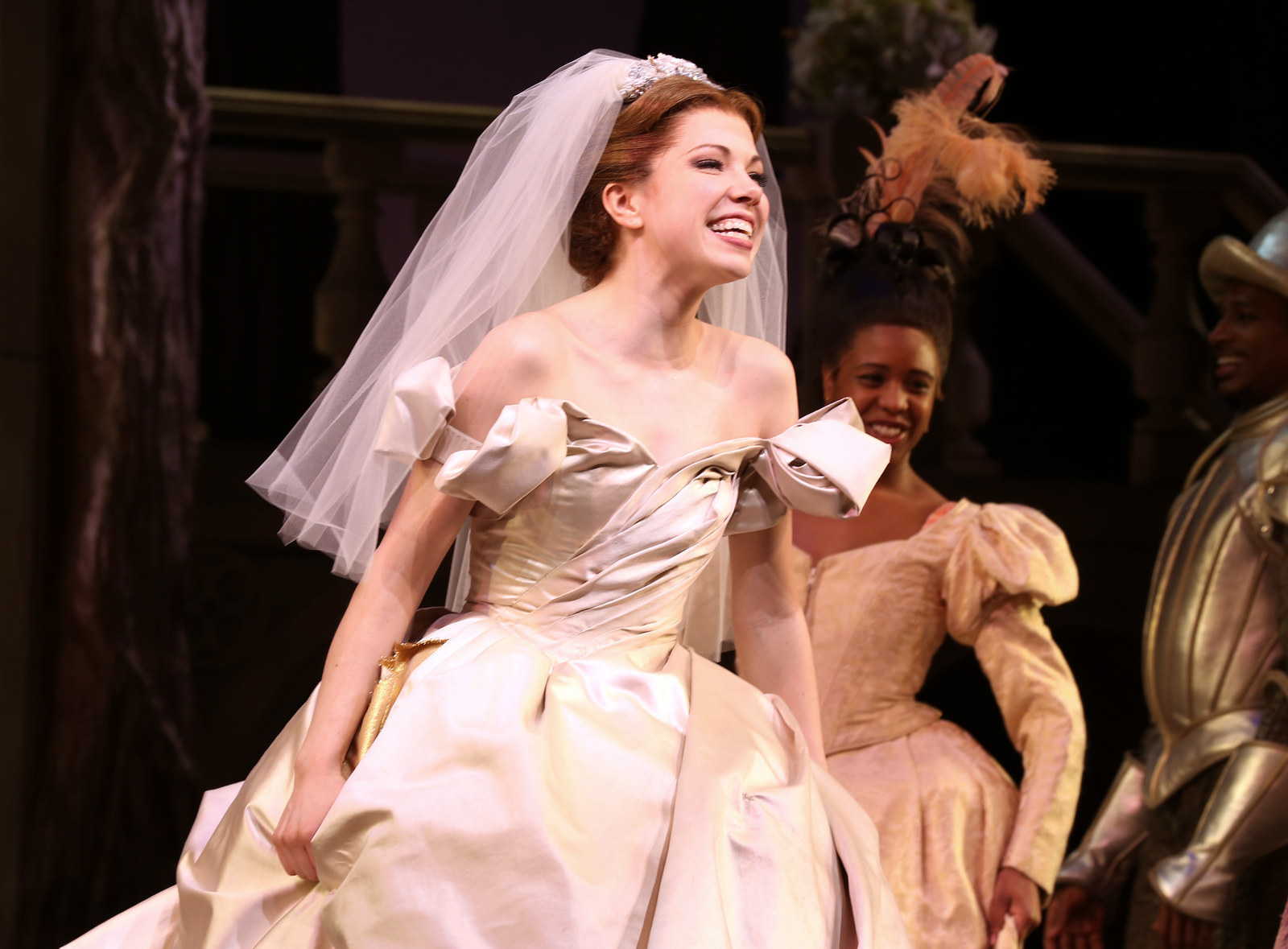
In February 2014, Jepsen took the title role in Cinderella on Broadway — returning to her musical theater roots — in part to realize a childhood dream and in part to press reset and clear her head. During the production, Jepsen said, she got an unexpected dose of perspective from Fran Drescher, who played Cinderella’s wicked stepmother.
“Everyone still calls her ‘the Nanny,’” Jepsen said, referencing Drescher’s ’90s sitcom of the same name. “I realized you can’t give in to other people’s perception of you. Everyone’s gonna be known for something.”
When she was on Canadian Idol, Jepsen wanted to win and instead placed third. When she had the biggest song in the world, a hit album remained out of reach. In the first case, she saw how what initially felt like a failure could eventually become a victory, and in the second case, it was the reverse. Now she’s trying not to look for validation on other people’s scoreboards.
“Up until age 26 I was pretty sure [playing tiny clubs in Vancouver] was gonna be my life,” she said. Our walk had intersected with a film crew setting up before the magic hour, the sun slowly making its way over the river. “I wanted to throw a party when my song went Top 11 on Canadian iTunes. So I'm not sitting here being like, 'Why didn't you sell as much as whoever?!' It's more like ‘Awesome! We're getting to travel out of awareness of our music, and the people who get it, get it.’ That's more than I could have ever asked for.”
